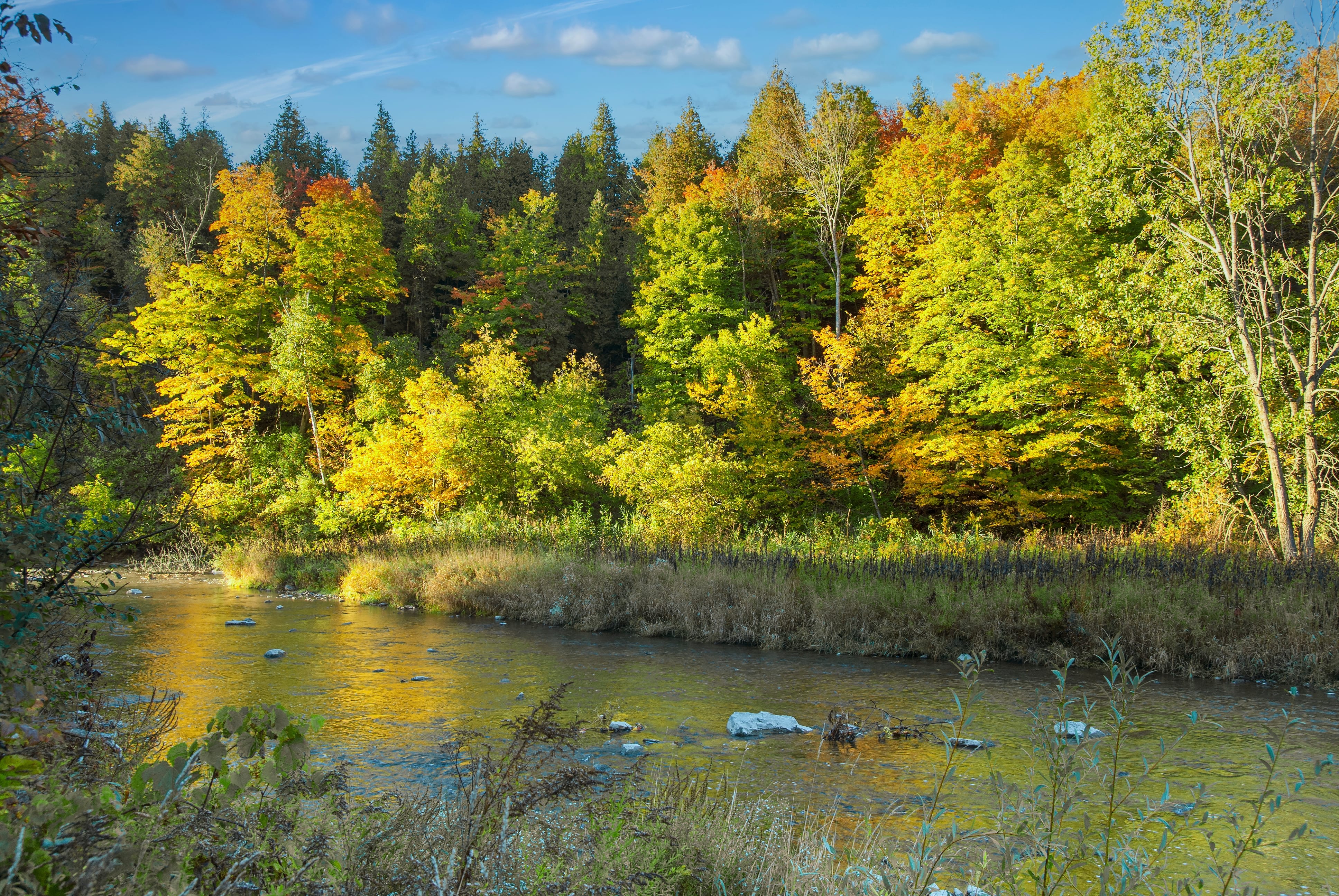
A wine tasting party is a fun way to learn about different wines while experimenting with different varieties. Read on for some tips on how to host an excellent tasting event.
1 Determine a theme
Think about the type of tasting party you would like to host early in the planning stages. Below are a few suggestions:
- Same variety from a different region (comparison tasting)
- Regional (select wines of Italy, France, Spain, etc.)
- Pairing (wines and single serve appetizers from a region or wines and cheese from a region)*
- Warm climate versus cool climate
*If combining with food, consider completing a pairing exercise with six different types of foods – salty, acidic, fatty, bitter, sweet, hot – to show how the wine performs with each food.
2 What you will need
- Enough clean glassware for each wine poured (rent if necessary) and water for rinsing
- Spittoons or a bucket for unfinished wine
- Download tasting placemats and aroma flavour wheels for reference
- A scent-free, well-lit environment
- Paper bags to cover the wine bottles so guests won’t know which wine has been offered – put a ‘r’ or ‘w’ on the bottom so the reds and whites are separated
- Use tasting markers or mark each wine glass to keep them separated

3 Follow these tips
- Select a price range and keep wines within it
- Chill the white and sparkling wines
- Pour 2 oz. per person and taste four to six wines
- Serve palate cleansers such as neutral flavoured bread (if not serving food)
- When tasting, note the appearance, followed by the nose (aromas) then finally the palate (taste)
- Have a blind tasting game. Have people guess the correct grape and where it’s from (keep it simple by making it multiple choice)
4 Taste the wine in sequence
- Dry to sweet
- New to old
- Simple to complex
- Sparkling - light whites- full bodied whites - light reds - full bodied reds - sweet and fortified
We all smell and taste things differently depending on genetics and our environment. The more you smell and taste, the better you will become at describing wine. Practice and build your wine vocabulary. Relax, have fun and rinse and repeat!
 About the expert:
About the expert:
Christie Pollard is coordinator of the Guest Relations Management - Concierge Services program at Fanshawe College and is a Senior Advisor, Restaurant Services at First Key Consulting. She is a graduate of the Canadian Association of Professional Sommeliers and is a Food & Drink pairing instructor.Christie is passionate about all things food and drink. Most recently, she co-founded the food & beverage consulting service/blog Cork+Board with friend and chef, Josie





